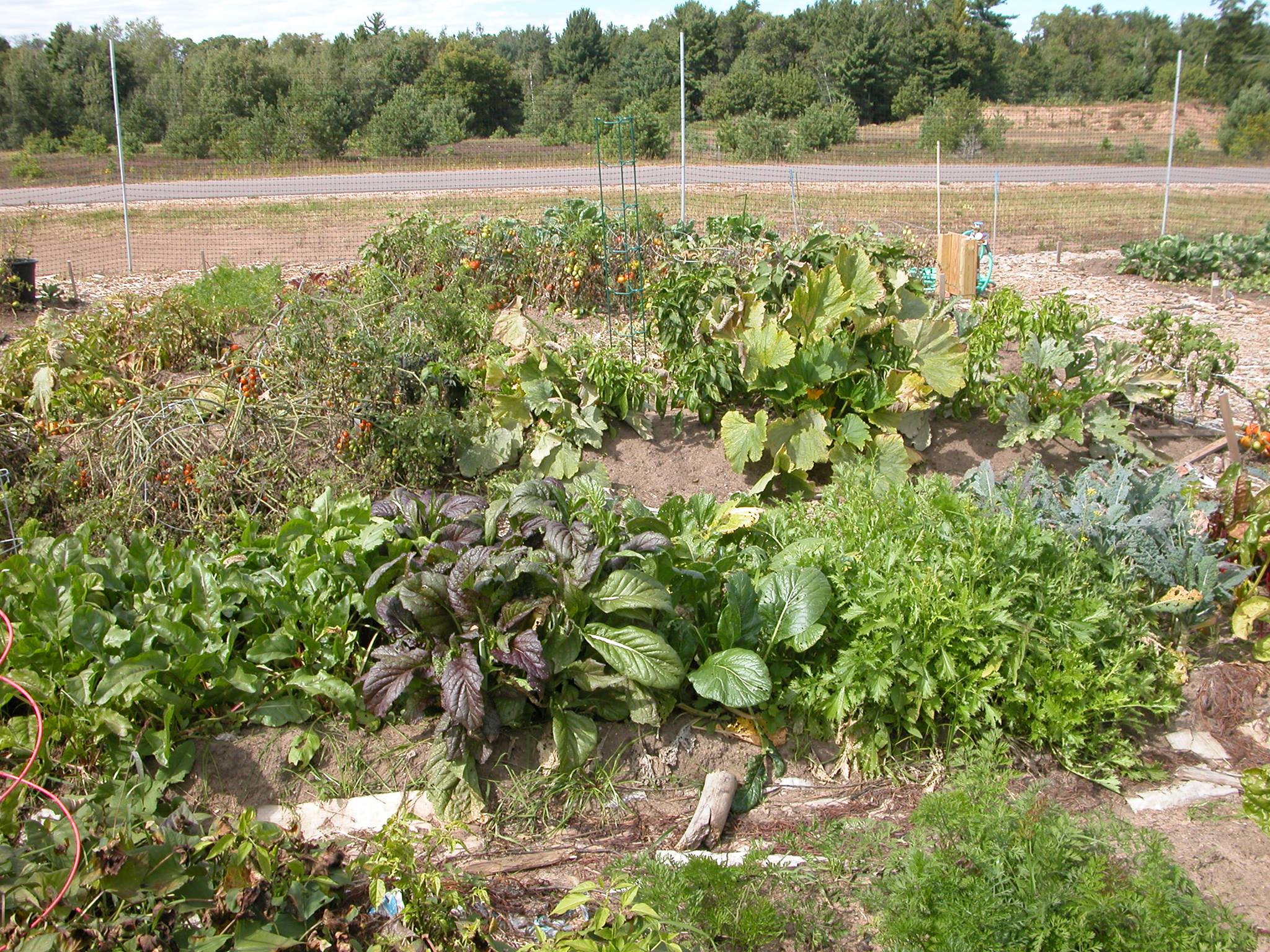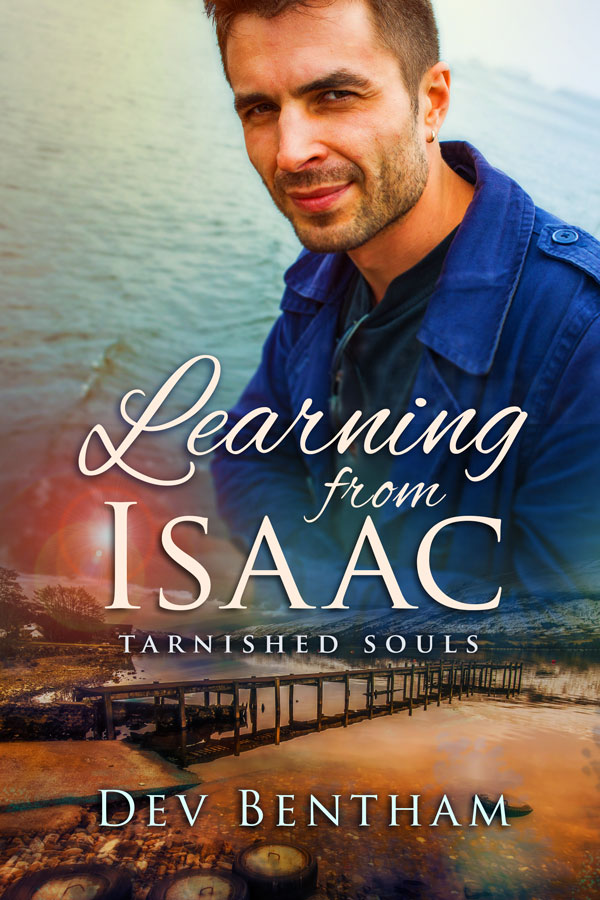Chapter Seven, Learning from Isaac
The first night of Passover happened to fall on a Sunday night at the beginning of spring break. On Sunday morning, I arrived at my mother’s house. She and Jeremiah were finishing breakfast.
Mom waved at me with her toast. “Help us finish this loaf of bread. It’s too good to throw out.”
“Coffee?” At my nod Jeremiah reached into the cupboard and produced a cup.
When I was growing up, Mom’s observance of the proscription against eating leavened bread during the eight days of Passover was spotty, at best. One of my earliest memories was of stopping for cake on the way home from my strictly observant grandparents’ Passover Seder. Now for Passover, she cleaned out the cupboards in deference to Jeremiah, who had converted to Judaism sometime in his forties. I hadn’t asked whether she still stopped for pastries when she was by herself.
My own faith was complicated. For years, I approached Judaism as an identity more than a religion. But since I had started teaching at a Catholic college, I’d found I wanted to carefully distinguish myself from my colleagues. Not that I was religious. If there was a God, I hadn’t met him. Still, I intended to survive on matzo through Passover, and gratefully accepted my mother’s delicious toast, since it was the last I’d have for over a week.
“How are you, son?” Jeremiah pounded my back.
“Great. And you?” I took the coffee he offered.
He sat down beside my mother and patted her hand. “Your mother’s as stubborn as a mule, but other than that, I’m fine.”
She handed me my toast. “Don’t try to rope poor Nathan into this. It’s between you and me.”
I reached for the butter. “You proposed again?”
He nodded. “And she turned me down, again.”
Slathering butter on my toast, I grinned at him. “She’s a lawyer. There’s no way you can make an honest woman out of her.”
Jeremiah guffawed. “You probably have something there.”
Mom made a face. “Jeremiah Bridges, you were a lawyer before you were a judge. Don’t encourage Nathan with his lawyer jokes.”
I bit into the toast, savoring the rich, hearty taste. “So, how many tonight?”
Mom counted on her fingers. “Your Uncle Mickey, of course, and Cousin Steve with Cindy and their little girl, Kayla.”
At my groan, she admonished, “They’re not that bad.”
I snorted. “Steve’s a prig, Cindy’s dumb as a stump, and Kayla is spoiled rotten.”
Jeremiah chuckled. “Good thing there’ll be four cups of wine.”
Mom shook her head. “Grape juice this year. My friend Marla who works at Kaperman Recovery Center is sending over two Jews stuck in treatment over the holiday. I promised an alcohol-free Seder.”
I looked at Jeremiah and winked. “Maybe we should do shots before they get here.”
Mom glared at me. “Don’t even think about it.”
I gave in. “All right, all right. No booze. Tell me Cousin Leah is coming. If I have to endure Steve, it’s only fair we get his sister, too.”
Mom refilled our coffee cups. “Leah’s coming, with Pete and the children. Jeremiah met a University of Chicago visiting professor from Israel, and invited him too. An interesting man, a novelist. I think you’ll like him. And of course, you and your student. That’s fourteen.”
Jeremiah sat back in his chair, settling his coffee cup on his prodigious belly. “Tell us about this student. Is he a dim or a bright bulb?”
The image of Isaac was sudden and vivid. I probably blushed. I know I stuttered. “Uh, he’s, um, he’s very bright.”
My mother’s eyebrows nearly touched her hairline.
I rubbed my hands together and glanced around the kitchen. “So, how can I help?”
* * * *
When the doorbell rang, my cousins, Steve and Leah, had just started their annual Passover argument about whether their mother’s matzo balls sank or floated in the soup. Aunt Deb had been gone so long that even Uncle Mickey couldn’t remember how she made the matzo balls. My mother bought hers at Manny’s Deli, and most years they float. The two strangers Marla had delivered from Kaperman watched the exchange with the dazed expressions of battle survivors. Given they were in treatment for alcohol or drug abuse, that was probably a fair description of their lives.
Uncle Mickey and the Israeli, whose name, Tzvi Nacham, Mom, Jeremiah, and I had spent the afternoon practicing pronouncing, seemed to be engaged in heated agreement about the injustice of Palestinian occupation. The kids were playing an elaborate game that mostly involved running around the house screaming. As the oldest and most obnoxious, Steve’s daughter Kayla appeared to be the ringleader. Her younger cousins, Naomi, Lilly, and tiny Seth, trailed behind in various stages of mania.
I opened the door. The only guest unaccounted for stood on the doorstep, awkwardly holding a bouquet. In a black wool coat and pressed chinos, he looked so beautiful that I had to hold on to the doorjamb to keep from touching him.
“Hey.” Isaac held out the flowers. “I wasn’t sure what to bring.”
“Thanks.” I moved to give him room to come inside. “May I take your coat?”
“Sure.” He stepped into the narrow hallway and shrugged out of his coat. Our hands brushed as I took it from him. There was something electric about it all, Isaac in my mother’s hallway, standing close enough that I could smell him. He met my eyes, and I could tell he felt it too, the intimacy of shared space and time.
He smiled. “I’m looking forward to seeing where you come from.”
I laughed. “You may not say that after you meet the family. They’re not exactly normal.”
I led him into the living room and introduced him around. Cousin Steve shook his hand in a very bankerly way, while his wife, Cindy, dithered about how nice it was to have a young adult around. Cousin Leah and her husband Pete were both more restrained and pleasant. The folks from Kaperman muttered and shuffled, and the kids careened into him.
Tzvi shook Isaac’s hand formally. “You look familiar. Perhaps I’ve seen you around the University of Chicago campus?”
I took another look at Tzvi. Had he been to the club and seen Isaac dance? Or worse? I clenched and unclenched my fists, trying to shake off a sudden need to lash out.
Isaac shook his head. “No. Must be someone who looks like me. That happens a lot.”
The Israeli gave Isaac the once-over. “I doubt that.”
Isaac’s smile was forced. He turned to my mother. “Thank you very much for having me.”
“My pleasure.” She looped an arm through his and led him toward the dining room. “You’re sitting by me. I’d like to hear all about how things are going for you here in Chicago.”
Leah caught my eye and cocked an eyebrow.
I shrugged. I wasn’t about to tell her how complicated things were. We all followed Mom and Isaac and found our preordained places. As I settled into mine, with Tzvi on one side and Leah on the other, it clicked why Mom had insisted on putting him next to me. It was a setup. I could practically hear her thinking, “Both academics, both Jewish, they have so much in common.” Only what we had in common was the handsome young man on her right. From the way Tzvi was staring at Isaac, I was sure he’d been to the club. While he might not remember yet, it looked like he might remember soon. I’d need to quickly engage him in conversation The last thing I wanted was to embarrass Isaac in my mother’s house. Or myself, for that matter.
Mom clinked a fork against her glass. “I’m delighted to have you all here. Let’s get started, or we’ll never eat.”
My shoulders relaxed as Tzvi’s focus shifted to his prayer book.
In my grandparents’ house, the Seder meal took hours. The formal telling of the Exodus story, the songs, psalms, prayers—it all went on and on and on. I remember falling asleep before any real food was produced. My mother’s Seders preserved bits and pieces—the Israelites still crossed the Red Sea, my second cousins fidgeted and blushed through the four questions, and we all ate horseradish hot enough to make us weep, but the whole thing zipped by at record speed so that we could get on to the important things, like food and conversation.
After the Seder service, Isaac jumped up to help me serve the soup. Steam from the soup pot rose, permeating the kitchen. As we stood together ladling soup, I whispered, “So, Tzvi?”
He paled. “I don’t know, maybe. It’s not like I would remember most of them. And I don’t even register the guys who watch me dance out front.”
I winced. “Right.”
Picking up another bowl for me to fill, he looked into my eyes. “If we got involved, you wouldn’t be able to handle meeting my ex-customers, seeing how they look at me, or knowing what I might have done with them. You know you wouldn’t....”
I bit my lip, chicken soup dripping onto the stove top. “It’s new territory for me, I’ll give you that. But I don’t think it would scare me off.”
He brushed a finger along my cheek. “I got an internship with an environmental engineering firm in downtown Chicago. It starts right after graduation. Doesn’t pay much, but enough to cover my rent.”
I was puzzled by the sudden subject change. “That’s great.”
He arranged the full bowls on a serving tray. “If things go well this spring, I’ll have my loans down to a manageable level by graduation.”
I nodded, handing him another bowl. I didn’t want to think about how he was earning enough to pay off his loans now.
He gave me an exasperated look. “It means I can quit in May.”
“Thank God.” A wave of relief swept through me that was so strong I almost dropped the bowl of soup I was carrying. Even if nothing happened between us, the thought of Isaac safe felt like a miracle.
Cocking his head, he looked at me. “I still think you won’t be able to handle it.”
He picked up the tray of bowls and disappeared back into the dining room. I stared at the closed door for a long time, wondering if he was right. I returned to the task of filling bowls with clear, aromatic chicken broth and two, perfect, floating matzo balls.
During the main course—a Moroccan chicken recipe with apricots and almonds, served with beautiful red potatoes and fresh green beans—Mom turned the conversation to slavery and what it meant to be enslaved.
“For example.” She gestured with her fork at Steve. “Is the financial world enslaving us, or does money set us free?”
“It’s unfair to pick on Steve that way,” Cindy whined, batting her big blues at her husband.
Leah snorted. “The financial world enslaves us all. Take, for example, public school teachers. Pete and I haven’t had a raise since the economy tanked. And why did it tank? Because big investment companies, like my brother’s, let their own greed ruin us all.”
“Public schools,” Steve scoffed. “Why should you get a raise when all you’re doing is babysitting those kids?”
Uncle Mickey’s fists slammed against the table hard enough to make the crystal rattle. “Oh, for God’s sake, would you two stop it? Grow up, will ya?”
Jeremiah cleared his throat. He had on what Mom calls his judge face. “Historically, slavery has its roots in both economics and greed.”
One of the alcoholics spoke, her voice little more than a whisper. “I feel like I’ve been a slave to my disease.”
Her friend nodded vigorously.
Isaac spoke softly into the silence that followed. “Maybe the answer to your question is that both are true. If we’re desperate for money, it’s enslaving because of what we become willing to do to get what we need. Having enough money makes us free to choose our way in the world.”
Tzvi shifted beside me. I could almost feel the pieces snap together in his mind. His smile as he faced Isaac was cruel. “True, but financial circumstances needn’t make us prostitute ourselves.”
Isaac held his gaze. “We’re all prostitutes in one way or another. Some are simply more straightforward than others.”
I stood and began clearing plates. “So, dessert, anyone?”
Leah stood to help as well.
My mother smiled at Isaac. “You’re very wise for such a young man. What are your plans after graduation?”
Isaac’s mouth twitched, but he didn’t look at me. “Actually I’ve been accepted into graduate school in environmental engineering.”
“Oh, that’s wonderful.” She handed her plate to Leah. “Where are you going?”
He glanced down the table at Tzvi. “I have a few offers but haven’t decided yet. It depends on a lot of different things.”
She patted his hand. “I’m sure you’ll make the right choice.”
Jeremiah stood and rubbed his hands together. “I’ll have you all know I made a chocolate almond flourless torte that is out of this world. Who’s game to try?”
In the kitchen, Leah whispered, “What’s the story with your student?”
I shrugged and hurried back out to get more dirty plates.
Tzvi was standing. “I’m sorry, Mrs. Kohn, but I must be going. I have an early day tomorrow. No, no, don’t get up. I’m sure Nathan can show me where to find my coat.”
As everyone murmured good-bye, I had no choice but to follow him down the hall.
“Seder is a solemn event, don’t you agree, Nathan?” Tzvi asked as I handed him his coat.
“Of course. Although we try not to take ourselves too seriously.”
He frowned at me. “Is that why you brought your whore to Seder?”
“Get the fuck out.” I slammed the door in his smirking face.
Mom appeared beside me. “What was that about?”
“Nothing.” I leaned against the wall, trying to bring down the pounding of my heart. “He’s a creep.”
She made a tsking sound. “I was afraid he wouldn’t be your type. I do like your young man, though.”
I shook my head. “He’s not my young man.”
She patted my arm. “An environmental engineer. Very impressive.”
I rolled my eyes. “He’s twenty years younger than I am, and a student, for God’s sake.”
“Maybe we could all have dinner sometime soon.” Her heels clicked decisively as she made her way back down the hall.
I stayed leaning against the wall, nostalgic for my regular, dull life. Loneliness wasn’t really that bad, was it?
But then Isaac appeared and my heart lifted.
His smile was sad. “I’m sorry I ruined the party for you.”
“What?” I sprang off the wall. “You didn’t ruin anything.”
He shook his head. “I don’t belong here.”
I rested my hands on his shoulders. “My mother wants me to bring you to dinner.”
He brightened. “Does she? I like her.”
“She likes you, too.” I ran my hands down his upper arms. “I do, too.”
He cocked his head. “Tell your mother I’d be happy to come to dinner. After graduation.”
Footsteps approached. I handed him his coat and opened the door.
Halfway down the steps, he stopped and turned around. “Thank you for inviting me to Seder, Dr. Kohn. It was the best one I can remember.” And with that, he ran down the steps and began striding away.
Leah’s arm curled into mine. We watched together until he disappeared. Then I closed the door.
She leaned her head on my shoulder. “You like him, don’t you?”
I nodded. “It’s complicated.”
“Because he’s a student?”
I patted her hand on my arm. “For starters.”
She smiled up at me. “You’re a good guy, you know that?”
“Thanks for the vote of confidence.” I kissed her forehead.
“Thank God you don’t teach high school.” She giggled.
“I don’t know, the kids are too young, but I hear some of those teachers are hot.” I wiggled my eyebrows at her.
She pushed me. “Flatterer. He won’t always be a student, you know.”
“That’s what he says.” I let go of her arm and turned back toward the kitchen. “He also says I’m not up to it. And he might be right.”
....
Get Learning from Isaac for free by signing up for my newsletter on Instafreebie!




















